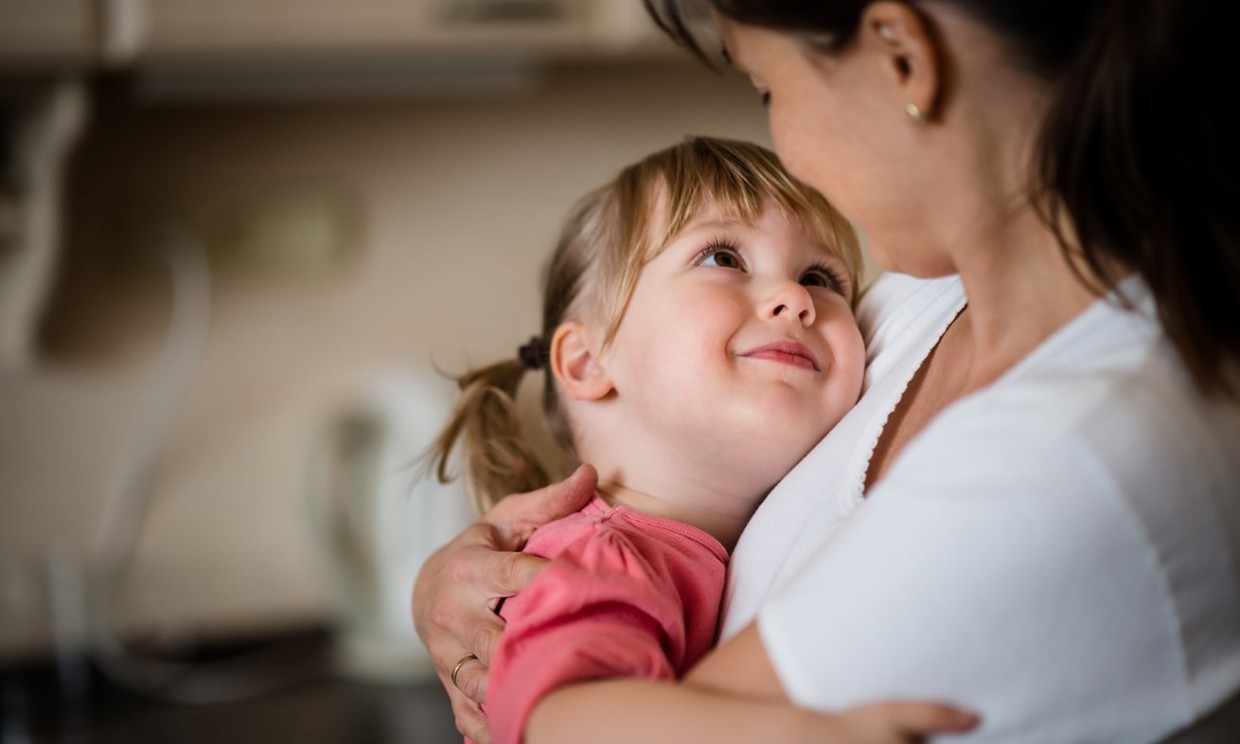Perhaps one of the most controversial parenting topics is whether or not to use time out to discipline children.
If you ever watched the Supernanny reality television series, you would have seen nanny Jo Frost sending badly behaved children off to the naughty step on a regular basis.
The UK-born TV personality followed up her show with recent Twitter comments about how lazy modern parents are.
But is sending children to time out the best way to deal with behaviour, or should parents be helping regulate their children’s emotions in a different way?
On the First Five Years website Goodstart Early Learning’s national manager professional practice Greg Antcliff said young children have not yet had the opportunity to develop the necessary skills to regulate their emotions and often need the help of an adult to calm them down.
He says rather than sending children to time out, parents could try giving the child individual attention or naming what they are doing when they are doing the “right thing”.
“This is often just as effective to set up a positive expectation of the behaviour that you want. The parenting strategies of naming initiatives, naming emotions, naming what you are doing and giving positive attention should reduce the need for using time-out and help you build stronger relationships with your children,” Mr Antcliff said.
Kylie Romero, early learning consultant at Goodstart Early Learning agrees, saying generally there will be a reason for behaviour issues, which may not seem logical to parents.
“Children experience really big feelings that they sometimes aren’t equipped to deal with like we are as adults. Trying to understand what the scale tip has actually been in order to support he children and their issue should hopefully prevent the need for time out,” Ms Romero said.
“Another option can be just taking the time to be with a child, where we just stop what we are doing and drop to the child’s level in order to be with the child in their moment and support them out of it.”
Dr Rebecca English, QUT Faculty of Education lecturer, said time outs did not help children understand right from wrong because they encouraged children to believe they are so bad, the parent has removed their love and affection.
In her article in Conversation, she said time out encouraged children to teach the child to fear the withdrawal of affection.
Mr Antcliff said time out should be used as a last resort when parents have tried other strategies (Baldwin, Mildon, Antcliff, Iannos, 2013).
If you ever watched the Supernanny reality television series, you would have seen nanny Jo Frost sending badly behaved children off to the naughty step on a regular basis.
The UK-born TV personality followed up her show with recent Twitter comments about how lazy modern parents are.
But is sending children to time out the best way to deal with behaviour, or should parents be helping regulate their children’s emotions in a different way?
On the First Five Years website Goodstart Early Learning’s national manager professional practice Greg Antcliff said young children have not yet had the opportunity to develop the necessary skills to regulate their emotions and often need the help of an adult to calm them down.
He says rather than sending children to time out, parents could try giving the child individual attention or naming what they are doing when they are doing the “right thing”.
“This is often just as effective to set up a positive expectation of the behaviour that you want. The parenting strategies of naming initiatives, naming emotions, naming what you are doing and giving positive attention should reduce the need for using time-out and help you build stronger relationships with your children,” Mr Antcliff said.
Kylie Romero, early learning consultant at Goodstart Early Learning agrees, saying generally there will be a reason for behaviour issues, which may not seem logical to parents.
“Children experience really big feelings that they sometimes aren’t equipped to deal with like we are as adults. Trying to understand what the scale tip has actually been in order to support he children and their issue should hopefully prevent the need for time out,” Ms Romero said.
“Another option can be just taking the time to be with a child, where we just stop what we are doing and drop to the child’s level in order to be with the child in their moment and support them out of it.”
Dr Rebecca English, QUT Faculty of Education lecturer, said time outs did not help children understand right from wrong because they encouraged children to believe they are so bad, the parent has removed their love and affection.
In her article in Conversation, she said time out encouraged children to teach the child to fear the withdrawal of affection.
Mr Antcliff said time out should be used as a last resort when parents have tried other strategies (Baldwin, Mildon, Antcliff, Iannos, 2013).


